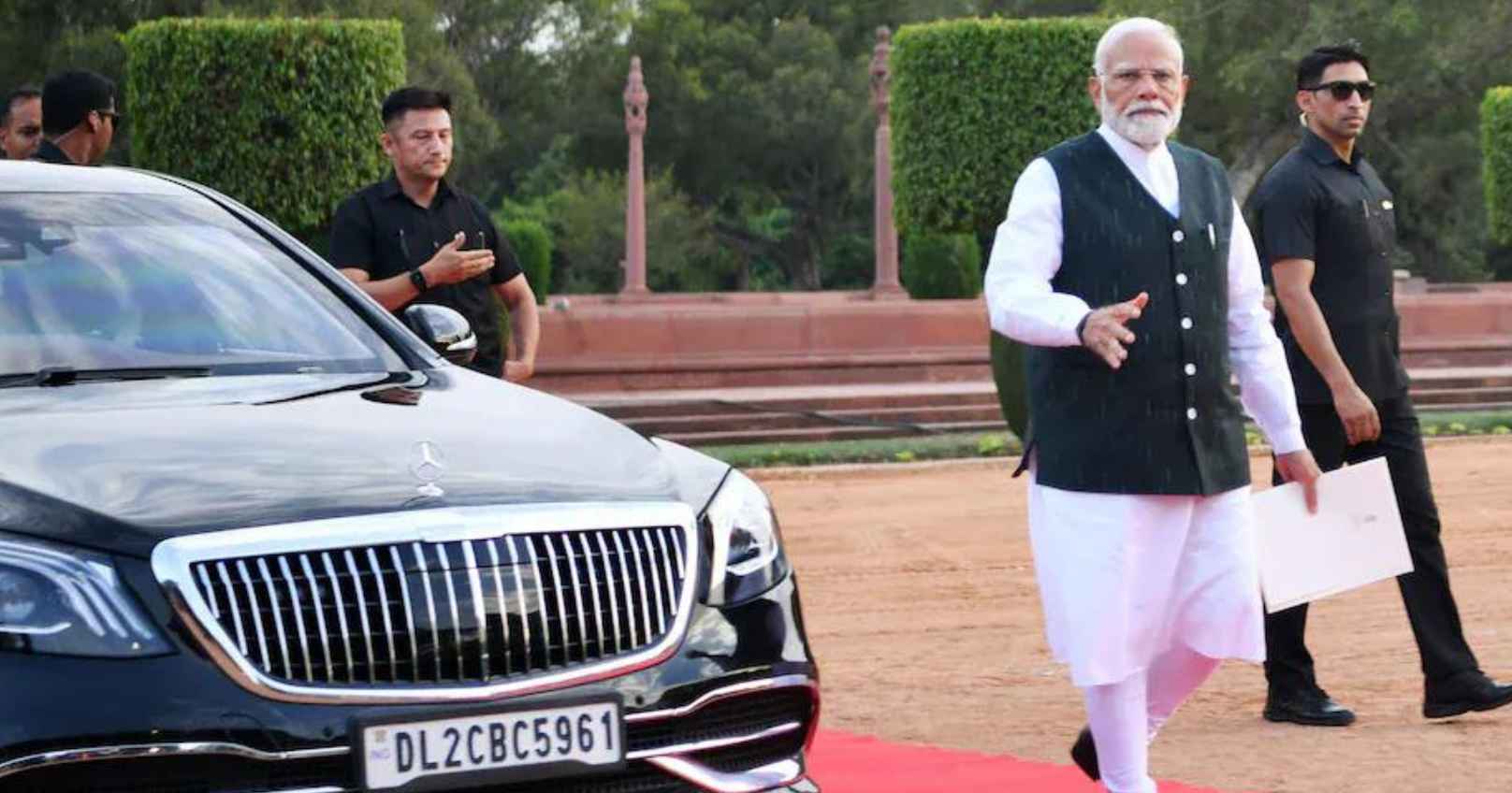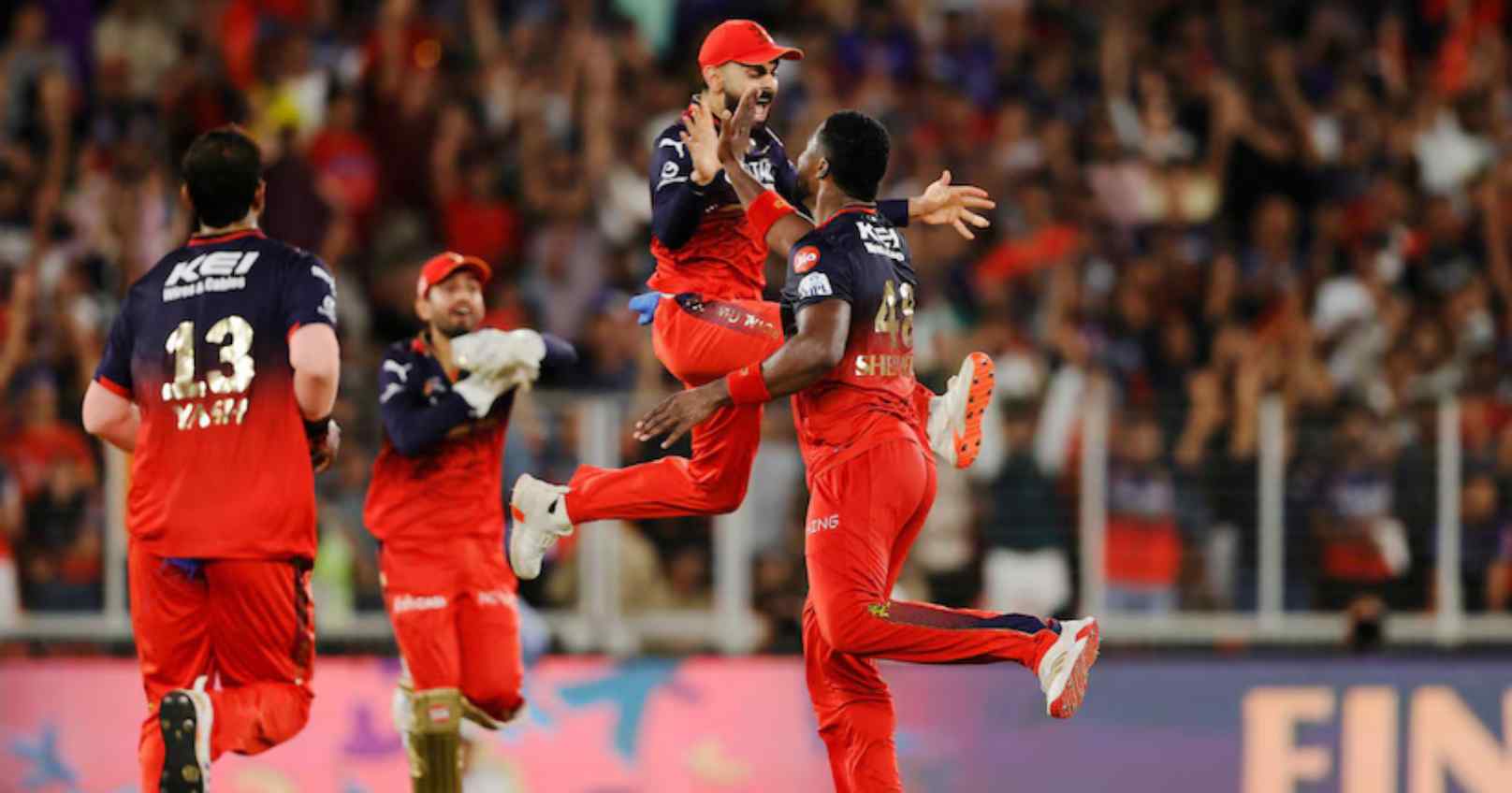On Sunday, Narendra Modi is poised to create history as he embarks on his third consecutive term as Prime Minister of India. The swearing-in ceremony, scheduled at Rashtrapati Bhavan, will witness the induction of top leaders from the BJP and its NDA allies into the Council of Ministers.
This milestone will see Modi (73) matching Jawaharlal Nehru's achievement of winning three consecutive terms as India's first Prime Minister. However, for the first time, Modi will lead a coalition government following the BJP's failure to secure an outright majority in the Lok Sabha elections.
Expected to commence at 7:15 pm, the ceremony will be officiated by President Droupadi Murmu, administering the oath of office to Modi and his team. The BJP-led NDA, securing 293 seats in the recent elections, reflects a significant departure from the party's past decade of single-party dominance, with the BJP falling short of the majority mark.
Ahead of the ceremony, Modi convened with NDA leaders, many of whom are anticipated to assume ministerial roles. Prominent figures present included Amit Shah, Rajnath Singh, Nitin Gadkari, and Nirmala Sitharaman, among others. However, the allocation of key Cabinet positions among NDA partners remains undisclosed.
With approximately 8,000 attendees, including leaders from neighbouring countries and the Indian Ocean Region, the ceremony underscores regional diplomatic significance. Notably, members of marginalized communities such as transgender individuals, labourers, and sanitation workers have been extended invitations in recognition of their contributions.
While Congress President Mallikarjun Kharge will attend the ceremony, opposition leaders from parties like Trinamool Congress and the Left have declined invitations. Despite the political landscape's diversity, Modi's third term inauguration signifies a pivotal moment in India's democratic journey.







